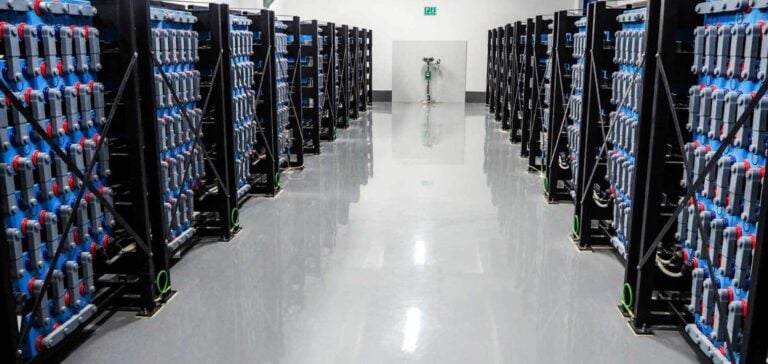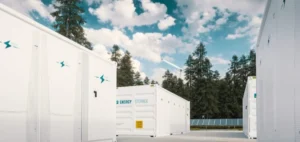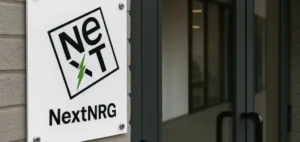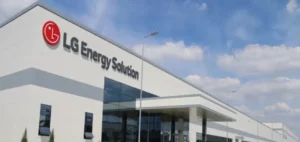Consumers Energy, Michigan’s leading energy provider, recently announced a strategic partnership with Jupiter Power to integrate 100 megawatts of battery storage into its grid. This initiative is part of its overall plan to reach a total storage capacity of 550 megawatts by 2040. The addition of this battery storage capacity is essential for boosting grid reliability and optimizing the management of energy generated by renewable sources. This collaboration with Jupiter Power is seen as a decisive step forward for Consumers Energy, which has set itself ambitious targets for modernizing its energy infrastructure. In addition to this new addition, Consumers Energy plans to develop 75 megawatts of storage on its own by 2027, consolidating its position as a leader in the adoption of advanced storage technologies.
The impact of battery storage on energy supply
Battery energy storage systems (BESS) play a crucial role in the modern energy landscape. By storing excess energy from renewable sources such as wind and solar power, these systems smooth out production and guarantee a continuous, reliable energy supply. BESS also help reduce overall electricity costs by avoiding the expense of peak power infrastructure. During periods of high demand, the batteries can be discharged to supply power to the grid, avoiding blackouts and reducing the need for less efficient, more expensive energy sources. The integration of BESS into Consumers Energy’s network is therefore a key element in ensuring the stability and efficiency of the energy supply.
Jupiter Power’s contributions and outlook
Jupiter Power, renowned for its expertise in energy storage, brings significant added value to this partnership. Sam Malin, Vice President of Origination at Jupiter, emphasized the importance of this collaboration in providing competitive and reliable energy storage solutions. The Coldwater project, developed in partnership with Jupiter, joins a series of storage facilities already in operation in cities such as Kalamazoo, Cadillac, Grand Rapids and Standish. Jupiter Power has extensive capabilities in the development, financing, operation and construction of energy storage projects. With over 11,000 megawatts of projects under development across the United States, the company is positioned as a major player in the energy storage sector. Their expertise in distribution optimization and storage infrastructure management strengthens Consumers Energy’s ability to achieve its energy objectives.
Challenges and future prospects
The agreement between Consumers Energy and Jupiter Power comes at a crucial time when demand for reliable, sustainable energy solutions is booming. By diversifying its energy sources and increasing its storage capacities, Consumers Energy is preparing to meet the future challenges of the energy market. Investment in battery storage technologies is essential to ensure the transition to a more resilient energy system that is less dependent on fossil fuels. Long-term prospects for Consumers Energy include not only increasing storage capacity, but also continuously improving grid efficiency and integrating new technologies. This partnership with Jupiter Power is a concrete example of how innovation and collaboration can lead to significant advances in the energy sector. The agreement between Consumers Energy and Jupiter Power marks an important step in the evolution of Michigan’s energy landscape. By integrating 100 megawatts of battery storage, Consumers Energy is strengthening its ability to provide reliable, efficient energy while preparing for future challenges in the sector. Thanks to strategic partnerships and a clear vision of its objectives, Consumers Energy continues to play a leading role in the innovation and modernization of energy infrastructure.





















